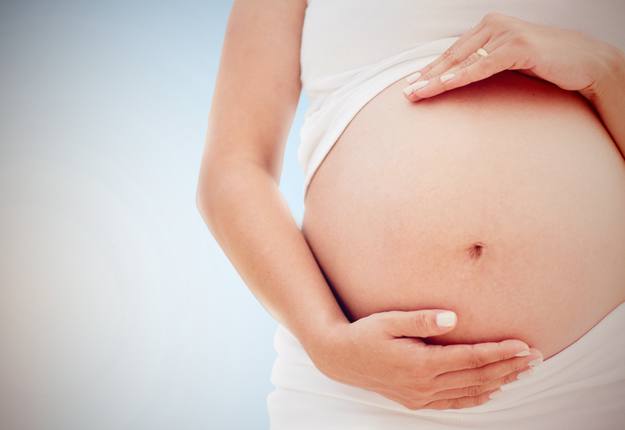The scale of injuries to women caused by forceps delivery in Australian hospitals is raising renewed concern.
A leading expert on maternal injuries has said a crisis exists in our hospitals and is a direct result of lowering caesarean section rates.
Professor Peter Dietz, one of Australia’s leading experts on gynaecological injuries, is also warning of a potential flood of medical legal cases against the health department and their employees.
Professor Dietz has linked the crisis in our maternity wards to the shift away from caesarean sections at a time when more and more pregnancies were deemed as ‘high risk.’
“Women are … older and older at the time when they have their first baby and we all know there’s an obesity epidemic out there, so it’s the perfect storm,” he said. “It’s not surprising at all that C-section rates have been going up everywhere.”
Professor Dietz confirmed until recently, obstetricians were unaware of the extent of pelvic floor damage caused by forceps.
“That [kind of injury] happens in about 10 per cent of women having their babies normally, it happens maybe 11 per cent after a vacuum or with a vacuum, and it happens here in Sydney in 44 per cent of all forceps. That’s a huge difference and that difference doesn’t just happen in Sydney.
“There’s studies from Norway, Hong Kong, the US, New Zealand and God knows what other places that all show the same. This is a global issue.”
The Professor also links the management of maternal injury and C-sections to an ideological war that is directing the policies surrounding them.
“Diagnosis right now is woefully inadequate,” he said. “This is really a scandal in itself that so much damage occurs in our labour wards without us ever diagnosing it, without us ever following those women up properly. And we have got the infrastructure here, we’ve got the settings right, we’ve got the personnel, the machines, everything, and the reason for it is ideology, it’s nothing else. It’s not money.
“The ideology is that we must not talk about the damage that happens to women in childbirth because it might make some people ask for an elective caesarean.”
Professor Dietz also predicted that an increase in legal action would be shortly seen world-wide surrounding maternal injuries.
“Last March in the UK there was a Supreme Court decision that makes it clear that women need to be fully informed of pros and cons,” Professor Dietz said. “And that includes the pros and cons of an attempted normal delivery, an elected C-section and of course emergency operations as well. So if we don’t [inform women] according to that Supreme Court decision, then sooner or later we will be facing an avalanche of medical legal action.”
Image source: Getty Images




















-

-
-
mom206279 said
- 28 Apr 2017
-

-
-
mom113991 said
- 30 Apr 2016
-

-
-
june11 said
- 22 Mar 2016
-

-
-
mom90758 said
- 22 Mar 2016
-

-
-
mom74640 said
- 22 Mar 2016

-

-
-
mom160421 said
- 22 Mar 2016
-

-
-
mom156049 said
- 22 Mar 2016
-

-
-
mom93821 said
- 22 Mar 2016
Post a comment8:30 am
10:35 pm
11:18 pm
3:26 pm
10:30 am
10:05 am
-

-
-
mom93821 replied
- 24 Mar 2016 , 6:35 am
Reply9:57 am
6:56 am
To post a review/comment please join us or login so we can allocate your points.